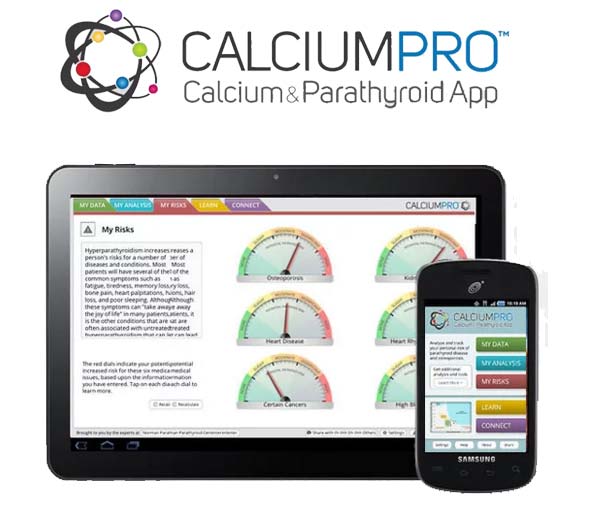Five Things to Know About Hypoparathyroidism on World Hypoparathyroid Awareness Day

This article was written by Dr. Dan Ruan, who is passionate about hypoparathyroidism and served on the Board of Medical Advisors for hypopara.org for 10 years. He is currently a senior surgeon at the Norman Parathyroid Center where he performs parathyroid surgery exclusively.
World Hypoparathyroidism Awareness Day is a day dedicated to increasing awareness and understanding of hypoparathyroidism, its treatment, and its impact on individuals and their families. This annual observance brings together patients, healthcare professionals, and researchers from around the world to unite in a shared mission of education, support, and advocacy.
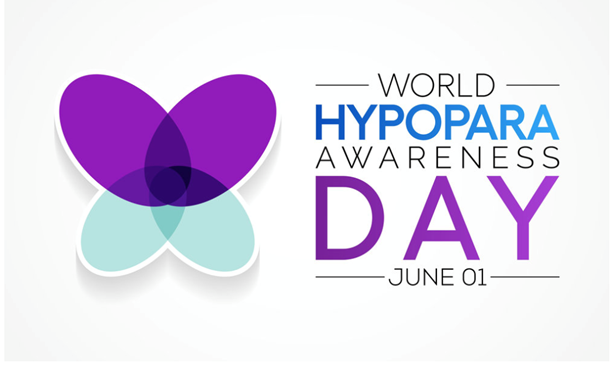
Top Things to Know About Hypoparathyroidism on World Hypoparathyroidism Awareness Day
World Hypoparathyroidism Awareness Day fosters a sense of community for those affected by hypoparathyroidism and promotes advancements in research and treatment. By shining a spotlight on this rare and often misunderstood condition, the day serves as a catalyst for change and inspires positive action to improve the lives of individuals living with hypoparathyroidism.
In an effort to raise awareness about hypoparathyroidism, here are five important things to know about this condition.
#1: What is hypoparathyroidism?
Hypoparathyroidism is a disorder characterized by inappropriately low parathyroid function, resulting in diminished parathyroid hormone (PTH) levels and hypocalcemia (low blood calcium concentration). Living with hypoparathyroidism is difficult due to the chronic symptoms of hypocalcemia, which includes tingling, twitching, cramping, and "brain fog.”
While hypoparathyroidism can be inherited or acquired through immune system-related damage, the vast majority of cases are the result of the inadvertent damage or removal of the parathyroid glands during thyroid and parathyroid surgery.

Hypoparathyroidism treatment aims to manage the symptoms and maintain appropriate levels of calcium in the body. The primary treatment approach involves calcium and vitamin D supplementation to compensate for the inadequate PTH production. Calcium supplements help raise and maintain calcium levels in the blood, while vitamin D aids in the absorption of calcium from the intestines. Additional medications such as calcitriol or synthetic PTH are usually prescribed to help regulate calcium levels.
Close collaboration between the patient, endocrinologist, and healthcare team is crucial to finding the right balance of medications and supplements to effectively manage hypoparathyroidism. Regular follow-up appointments and ongoing monitoring of hormone levels are necessary to adjust the treatment regimen as needed and minimize the risk of complications associated with both low and high calcium levels.
#2: Hypopara.org is a valuable resource for patients and families with hypoparathyroidism
Hypopara.org serves as the online hub for the American HypoPARAthyroidism Association, Inc., the nonprofit organization dedicated to enhancing the lives of individuals and families affected by hypoparathyroidism through advocacy, support, education, and research. The website provides a wealth of resources, including valuable information about hypoparathyroidism treatment options and management strategies. It serves as a crucial platform for patients, caregivers, healthcare professionals, and researchers to connect, share experiences, and access support networks.
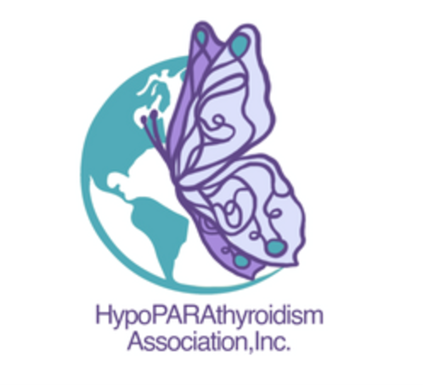
Hypopara.org offers a wide range of educational materials, including informative articles, webinars, and frequently asked questions, empowering individuals with knowledge and helping them make informed decisions about their hypoparathyroidism treatment. Additionally, the website facilitates partnerships between patients, clinicians, and researchers, fostering collaboration and advancing research efforts to improve hypoparathyroidism treatments.
Overall, hypopara.org plays a pivotal role in providing support, education, and empowerment to the hypoparathyroidism community.
#3: James "Jim" Sanders is the founder of the American HypoPARAthyroidism Association
Jim Sanders grew up in a military family with strict parents. In contrast to his outgoing and athletic siblings, he struggled with symptoms throughout his childhood, including muscle spasms and brain fog. It was only in his late teens that he was diagnosed with hypoparathyroidism, a condition that was largely unrecognized at that time.
Despite his rare and poorly understood condition, Jim attended college at New Mexico State, where he developed an interest in writing and photography. He met Carol in college, and they got married shortly after their first encounter. By report, “they met on Halloween, and were married by New Years Eve”.
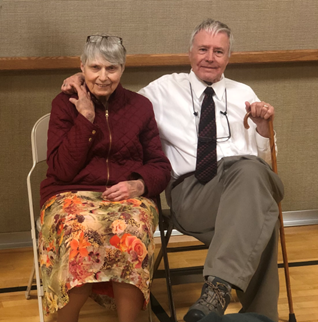
Jim and Carol raised five sons with hypoparathyroidism. The challenges and difficulties with hypoparathyroidism treatment led Jim to start a newsletter to support and educate others with the condition. Over two decades later, his initiative has evolved into the American HypoPARAthyroidism Association, which has over 5,000 members across 70 countries. The association's board of medical advisors includes endocrinology experts from across the country with a special interest in hypoparathyroidism treatment.
The American hypoPARAthyroidism Association organizes an annual conference focused on education, research, and hypoparathyroidism treatment, featuring expert lecturers from around the world. The association, in with collaboration with the United Kingdom Hypoparathyroidism Association, led to the establishment of World Hypoparathyroid Day.
Having the privilege of knowing Jim Sanders and attending several of the annual conferences, I can attest to his humble and inspiring nature. The positive impact he has made on people living with hypoparathyroidism is truly remarkable.
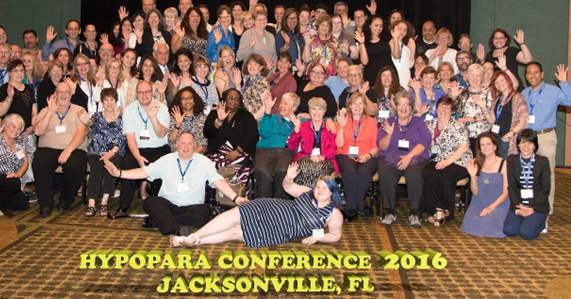
#4: Living with hypoparathyroidism is more difficult than doctors realize
When I started performing thyroid and parathyroid surgery over 15 years ago, I asked other surgeons about their experience with hypoparathyroidism. Their responses downplayed its severity, claiming that they had only a few patients with the condition who were doing fine. This inspired me to delve deeper and explore the impact of hypoparathyroidism on people’s lives.
To investigate, my colleagues and I surveyed 340 patients with hypoparathyroidism, using an assessment tool to scrutinize their quality of life. We also obtained the perceptions of over 100 surgical specialists regarding the quality of life impact of hypoparathyroidism using questions from the same assessment tool. Our findings revealed that surgeons consistently and significantly underestimate the severe impact of hypoparathyroidism on quality of life.
Attending several of the annual hypoPARAthyroidism meetings, I have had many memorable conversations with people about their experiences with hypoparathyroidism. I was initially surprised to learn that many patients only saw their surgeons for the initial postoperative appointment and rarely communicated their ongoing struggles to their surgeon. In fact, many of these people believed that their surgeon did not even know that they had the complication or that they required lifelong hypoparathyroidism treatment.
#5: Choosing an experienced surgeon is crucial in avoiding permanent hypoparathyroidism.
The most critical step in avoiding hypoparathyroidism is to ensure that you find an experienced parathyroid surgeon to perform your parathyroid or thyroid surgery. Research conducted by the Norman Parathyroid Center in collaboration with the American HypoPARAthyroidism Association has revealed that the occurrence of hypoparathyroidism is strongly linked to the surgeon's expertise.
The study analyzed data from over 200 patients who developed hypoparathyroidism as a result of thyroid or parathyroid surgery. It was found that nearly all of these patients were operated on by surgeons who performed these procedures less frequently, typically fewer than once per month. These surgeons can be considered inexperienced in this specific area, and their lack of expertise directly correlated with the incidence of complications.
The study further demonstrated that surgeons who perform over 150 thyroid/parathyroid operations annually have a significantly lower likelihood of causing hypoparathyroidism, while those who perform fewer than 20 of these operations per year have a 10% chance of causing this or other serious complications.
It is alarming to note that patients often do not inquire about their surgeon's experience, and when questioned, surgeons frequently exaggerate their expertise, with half of them inflating the number of these operations they perform by more than two-fold.
Therefore, it is crucial for individuals to be proactive in educating themselves about the potential risks of hypoparathyroidism prior to undergoing surgery on their thyroid or parathyroid glands. They should inquire about their surgeon's experience and choose an experienced specialist to minimize the chances of complications and ensure a successful surgical outcome.
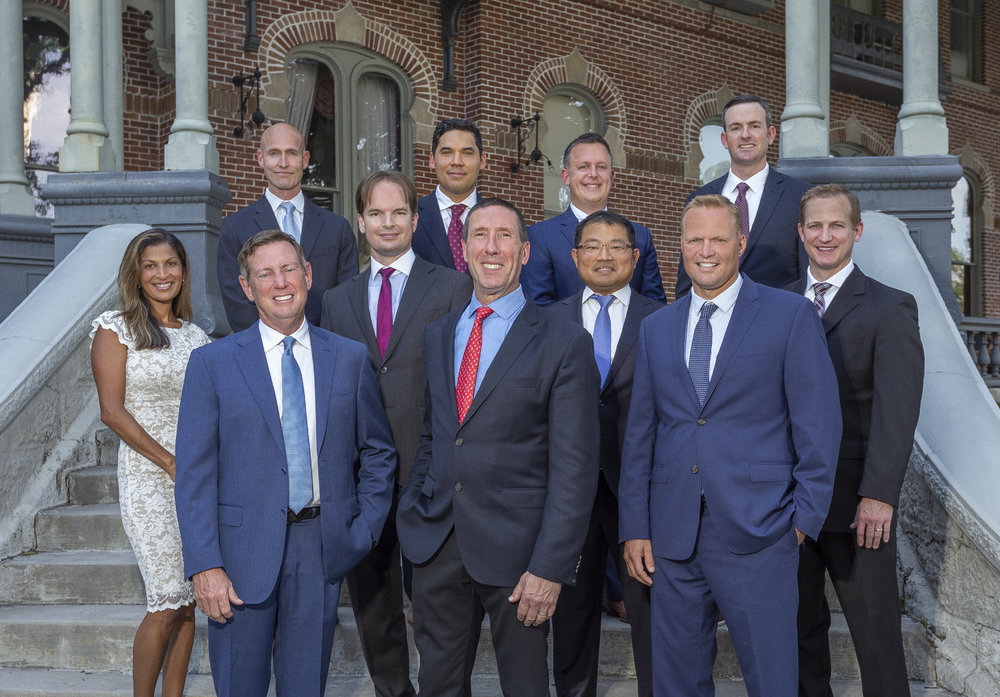
The surgeons of the Norman Parathyroid Center are the highest volume parathyroid surgeons in the world, performing nearly 3500 parathyroid operations annually. They perform parathyroid surgery exclusively and have extremely high cure rates and low complication rates.
Additional Resources:
- Learn more about the Norman Parathyroid Center.
- Read more on the Parathyroid blog.
- Become our patient.
- Check out our sister surgeons at the Clayman Thyroid Center, the Scarless Thyroid Surgery Center, and the Carling Adrenal Center. We are now united under one roof, operating at the Hospital for Endocrine Surgery.

